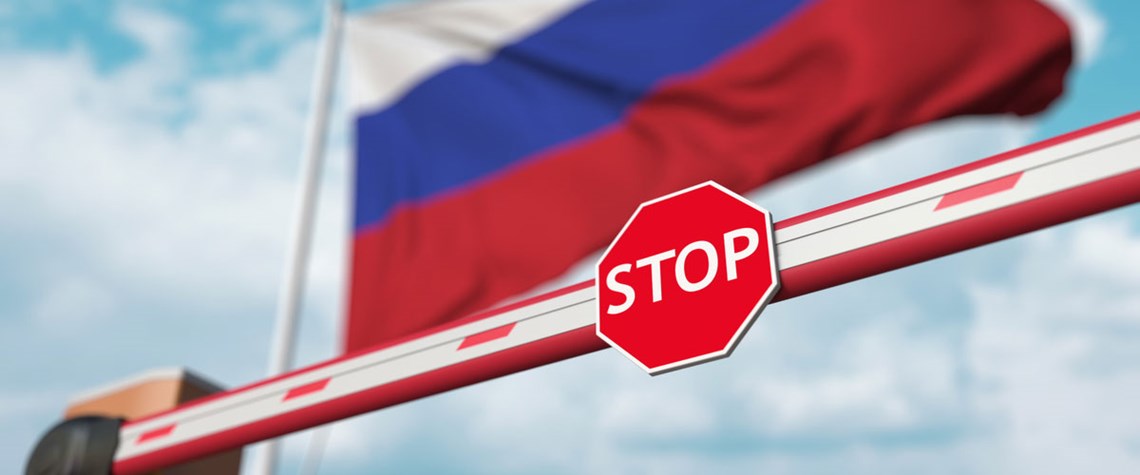Equinor’s Russian retreat heightens self-sanctioning price spike fears
Consultancy Kpler suggests a slowdown in Russian flows might be about to show up in the data and is not priced in
Norway’s Equinor has joined fellow IOC Shell in deciding to stop trading in Russian oil. The firm will not enter any new trades or engage in transport of oil and oil products from Russia, although it will continue to receive cargoes bought before Russia’s invasion of Ukraine. Equinor’s principled stance is to be applauded. But cargo tracking firm Kpler warns that so-called ‘self-sanctioning’, where companies either publicly or privately quit trading in Russian barrels, has yet to show up in trade flow data. If and when it does—potentially from later this week— “it is hard to see how crude oil prices are not being under-priced”, in Kpler’s view. Equinor’s ongoing commitments include contracts

Also in this section
5 August 2025
After failed attempts to find a buyer for its stake in Russia’s largest oil producer, BP may be able to avoid the harsh treatment meted out to ExxonMobil and Shell when they exited—and could even restart operations if geopolitical conditions improve
1 August 2025
A number of companies have filed arbitration claims against Gazprom over non-deliveries of contracted gas or other matters—and won. The next step is to collect the award, but this is no easy task
1 August 2025
Europe’s refining sector is desperately trying to adapt to a shifting global energy landscape and nowhere is this more apparent than in its largest economy
1 August 2025
The Middle East natural gas playbook is being rewritten. The fuel source offers the region a pathway to a cleaner, sustainable and affordable means of local power, to fasttrack economic development and as a lucrative opportunity to better monetise its energy resources.








